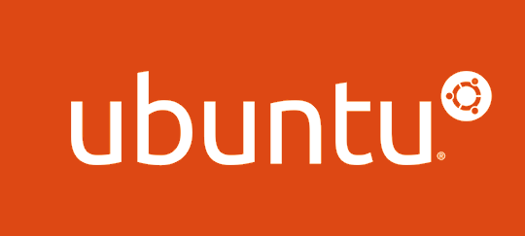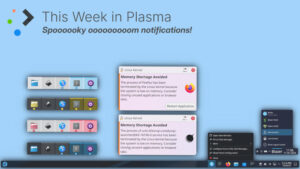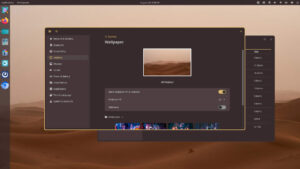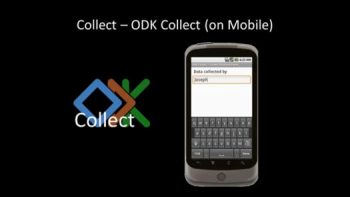Also included: Fedora community says goodbye to Matthew Williams, Solus gets a new package build system, end-of-life for Fedora 23 and IoT security.

FOSS Week in Review
Something arctic this way comes. That”s what Lannie Pope, the weatherwoman on the local NBC affiliate, tells us, Trouble is, I’m still stuck in a house without proper heat, a situation that’s been dragging on since near the end of September. It’s a long story, but…brrr. I’m glad I don’t live in a part of the country where it gets really cold.
Now on to this week’s FOSS news, which is always warm…
Canonical has entered into a new (sort of) partnership and it’s not with Microsoft: The house that Shuttleworth built has been bending over backwards recently to help Microsoft out in any way it can. So much so, that it seems at times as if the Isle of Man is vying for statehood in the Microsoft union.
This week we learned that Canonical has been working with another company that’s not located anywhere near Redmond for a change. Denver based System 76, the OEM that’s built it’s reputation marketing desktops and laptops preloaded with Linux, has been talking with Canonical to help developers at Ubuntu up their game on the desktop front. To be more specific, the two have been working together to increase HiDPI (High Dots Per Inch) support in Unity 7.
According to a blog posted Monday on Ubuntu’s website by System 76’s community manager, Ryan Sipes:
“HiDPI support exists in Unity 7, but there are areas that could use improvement, and the call focused around those. The conversation was primarily focused around bugs that still remain in the out-of-the-box HiDPI experience; specifically around enabling automatic scaling and Ubuntu recognizing when a HiDPI display is present so that it can adjust accordingly.”
It’s good to see Canonical is still putting some effort behind improving the Ubuntu desktop experience. And a big thumbs up should go to the folks at System 76 for doing what they can to give their users a better GNU/Linux experience.
WordPress’s new release: There once was a time when WordPress was sneered at. Most web developers considered it a toy for bloggers that was in no way capable of doing all of the cool and groovy stuff that the big boy platforms of the day, such as PHP-Nuke and PostNuke, could do.
That was then, this is now. PostNuke has pretty much gone away, having morphed into Zikula which was not compatible with PostNuke and left users out in the cold without an easy upgrade path. Understandably, most of them went elsewhere and PostNuke/Zikula has never really recovered. And while PHP-Nuke is still around, it suffered from much drama over the years — going from free-to-use to you-must-pay-us-although-we’re-GPL and back to free-to-use again. It’s also had many security issues over the years, which have always been slow to be resolved. No one pays much attention to it anymore, and these days, webmasters in need of a CMS have turned to Drupal, Joomla and…WordPress.
Yup, WordPress. While PostNuke was shooting itself in the foot by morphing into something its users couldn’t use, WordPress was turning from a bloggers toy into one of the most capable — and certainly the easiest to use — content management systems available.
On Thursday, WordPress moved up to version 4.7. As always, there were plenty of changes under the hood, including to new API magic for developers. Also lots of added features for users, mainly centered around theming and content creation.
Passing notes: The Fedora community is mourning the loss of Matthew “Lord Drachenblut” Williams, an Indiana native who’s described on the Fedora community blog as “a passionate member of the Fedora community.”
Quick takes: If you’re still running Fedora 23 it might be time to upgrade as the distro will reach its end of life on December 20, after which it will no longer be supported…. On Monday, Solus Project leader Ikey Doherty announced that Solus has trashed the evobuild package build system in favor of its much improved next-generation package build system, Solbuild. Package maintainers wondering what this means might want to check out an article on Softpedia that spells it out.
Parting shot: If you’re wondering about what we should do about the security risks posed by unsecured Internet of things devices, I spelled out some of my ideas this week in an article on another website. Check it out and let me know what you think.
That does it for now. See you next week. In the meantime, may the FOSS be with you…
Christine Hall has been a journalist since 1971. In 2001, she began writing a weekly consumer computer column and started covering Linux and FOSS in 2002 after making the switch to GNU/Linux. Follow her on Twitter: @BrideOfLinux

















The word is “Arctic,” not “Artic”
@SamIAm Thanks for the catch!